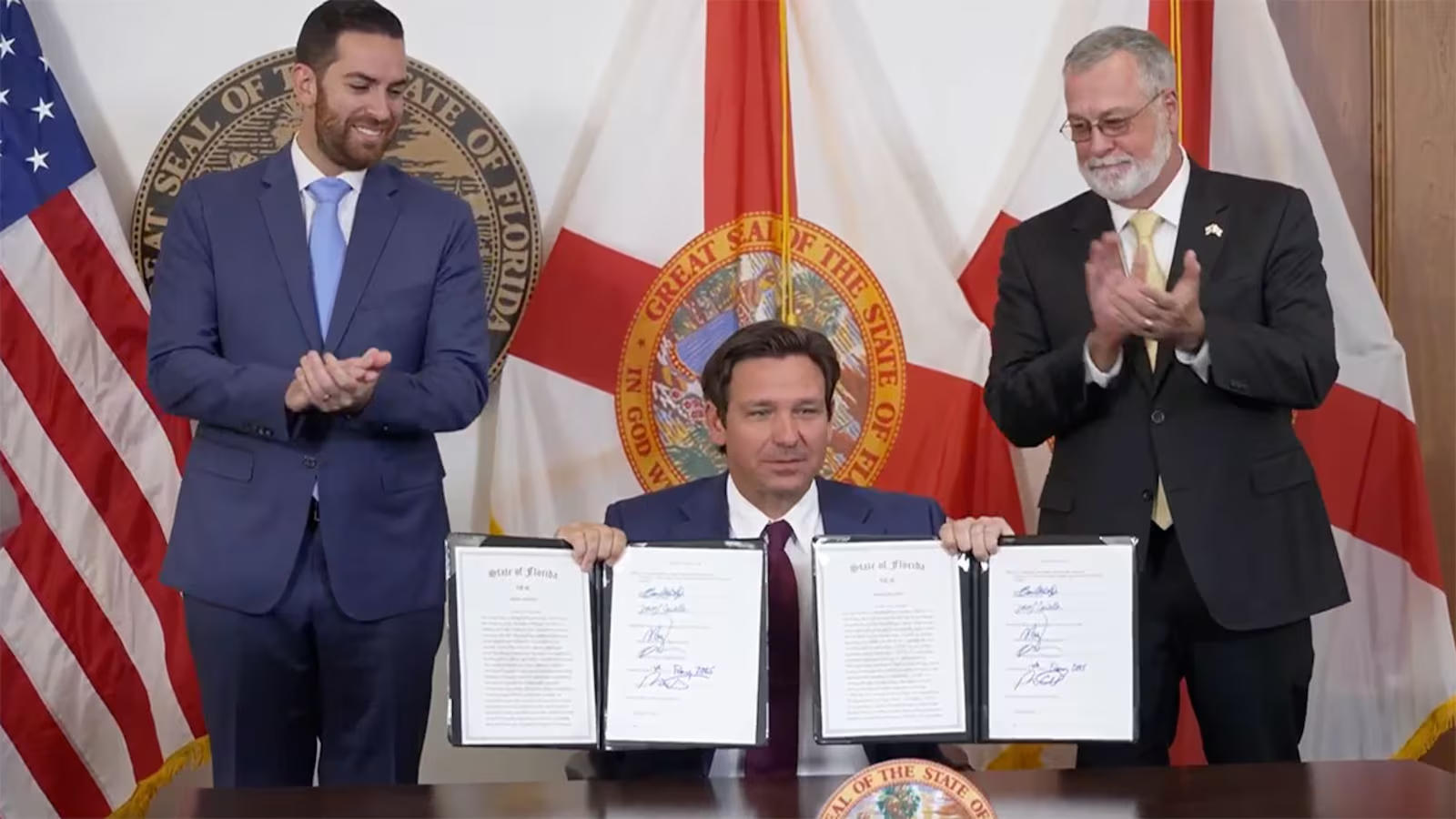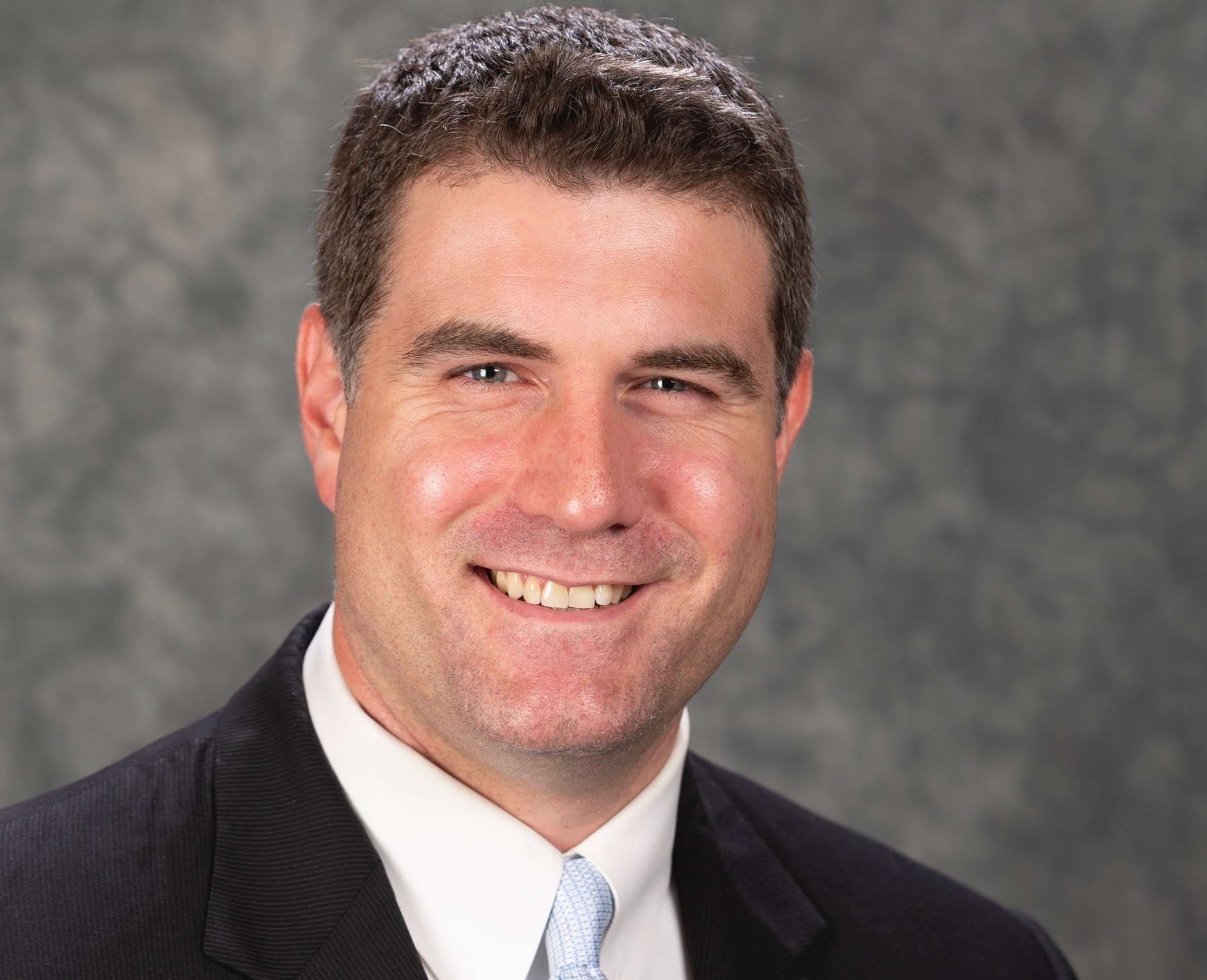Northeast Florida’s six-county region saw a mixed bag of housing market trends in March.
The Northeast Florida Association of Realtors (NEFAR) report on the housing market shows there were 1,784 closed single-family home sales last month. That’s down from a year ago, when there were 1,980 houses sold on the First Coast. It’s a 9.9% drop in the year-to-year comparison.
But last month’s figure is a substantial jump from the February figure, when there were 1,315 houses sold. That’s a 35.7% increase in the month-to-month numbers.
“Spring is shaping up to be a strong season for buyers. With more homes hitting the market, there’s greater choice and sellers are more flexible on price, terms, and repairs,” said 2025 NEFAR President Mario Gonzalez.
While sales went up on the monthly basis, the price for homes is starting to dip. The median sales price for a single-family house settled at $379,995. That’s down by 1.8% from February’s median price of $387,000, and is a 2.5% decline from March 2024’s price tag of $389,000.
Meanwhile, the number of homes on the First Coast market saw a substantial increase. There were 8,258 homes listed in the active inventory last month, a whopping 63.7% hike from the March 2024 figure of 5,046 and a 10.2% increase over February 2025, which had 8,258 houses for sale.
With no clear signs of mortgage interest rates dropping in the immediate future, the First Coast might be leaning more toward a buyer’s market for the first time in years. But Gonzalez said prices remain stubborn and may not come down much any time soon.
“While interest rates remain in line with pre-COVID levels, today’s higher home prices have become the new normal. Recent price dips have sparked renewed buyer interest, with a noticeable jump in showing requests and open house traffic,” Gonzalez said.
Duval County, the First Coast’s most populous county and home to Jacksonville, saw 967 homes sold in March, which was a notable hike over February’s figure of 697 houses sold, or a 38.7% jump. But that was down from March 2024’s figure of 1,000, or a 3.3% decline. The median home price settled at $320,000 last month, a 7.8% decline from March of last year and a 3.6% slide from February 2025.
St. Johns County, Northeast Florida’s most lucrative housing market, held steady on median sales price in March at $549,000, the same price as February. But it is slightly up by 1.7% from March 2024, when the figure was $540,000. There were 415 homes sold last month, down by 19.9% from a year ago but up a robust 34.3% compared to February 2025.
Nassau County, the most northern county in the region, isn’t far behind St. Johns in sales prices. The median price tag for a home was $515,000, an 18.4% hike from a year ago and a 12% increase from February 2025. There were 93 houses sold in March in Nassau, a substantial 38.4% decline from March 2024, but a 9.4% increase month-to-month.
Clay County reported 253 houses sold in March, which is a notable 39% hike from February, but a 2.7% slide from March 2024. The median home sales price was $379,990 in Clay last month, an 8.9% increase from a year ago and a 7.7% climb from the month prior.
Putnam County recorded only 40 houses sold last month, which is the exact same number sold in March 2024 and a 25% increase over February. The median home sales price was $235,000 last month, a 2.2% increase in Putnam compared to a year ago and an 8.7% decline from February 2025.
Baker County, the most rural county on the First Coast, saw 16 homes sold last month, a 45.5% jump over a year ago, and a 60% increase from February. The median home sale price in Baker was $310,000, a 5.1% increase from a year ago but a 0.5% drop from the previous month.
Post Views: 0

 Entertainment8 years ago
Entertainment8 years ago
 Politics8 years ago
Politics8 years ago
 Entertainment8 years ago
Entertainment8 years ago
 Entertainment8 years ago
Entertainment8 years ago
 Tech8 years ago
Tech8 years ago
 Tech8 years ago
Tech8 years ago
 Tech8 years ago
Tech8 years ago
 Politics8 years ago
Politics8 years ago










